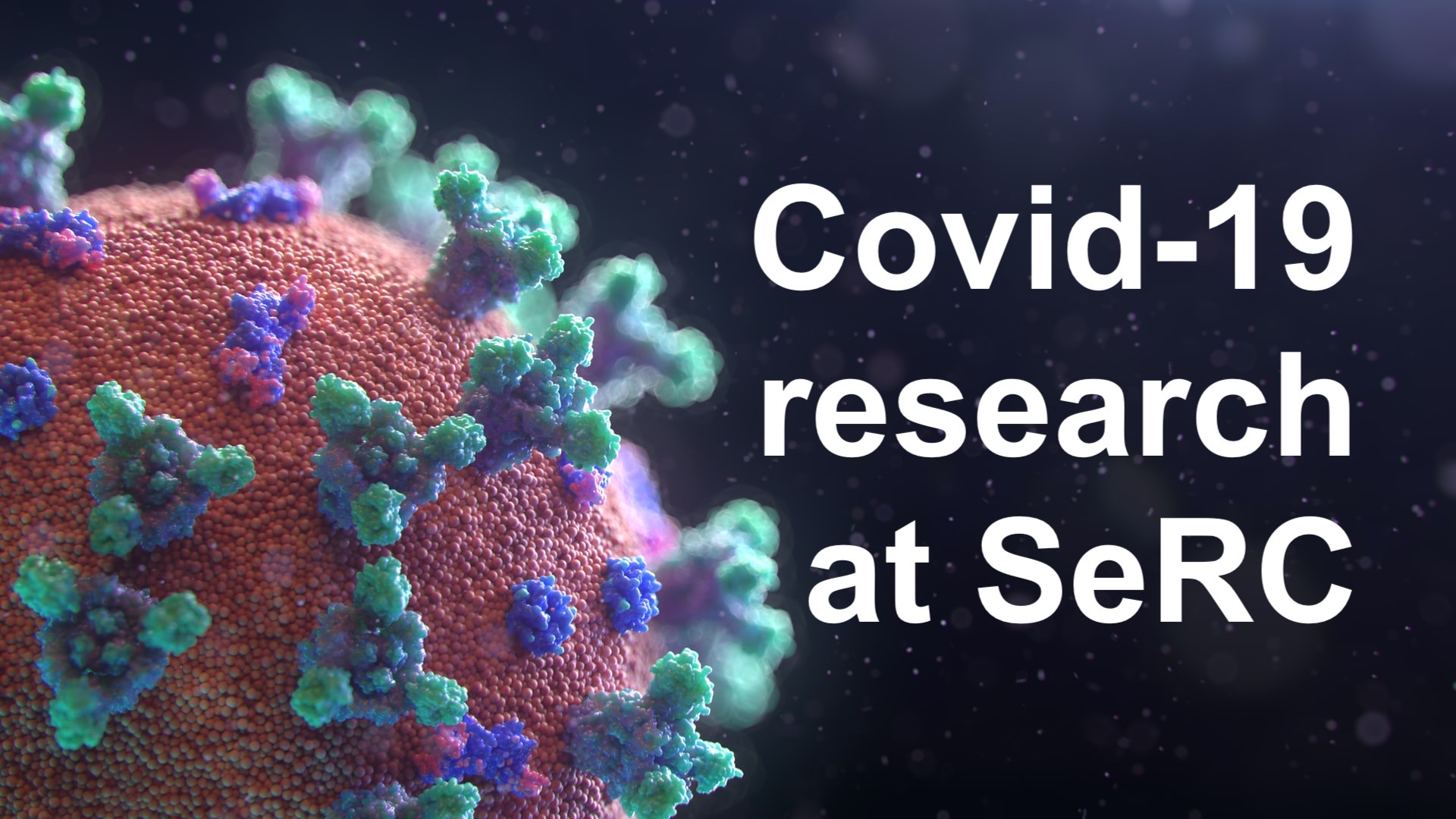(Image by Fusion Medical Animation)
SeRC researchers are involved in a number of research projects directed towards the new Corona virus and Covid-19. Many of these projects use tools that have been developed earlier within the Centre and build on knowledge from previous projects.
Within the Data Science MCP (Multi Disciplinary Program) large-scale modelling of the Human-SARS-CoV-2 interactome is performed to find out how the SARS-CoV-2 proteins interact with the different human proteins. This project involves data science, machine learning and physical simulations. Another project within the Data Science MCP performs studies of structural modelling and docking of proteins and protein complexes related the Corona Virus.
The climate community within the Data Science MCP are making use of the reduced air pollution emissions related to COVID-19 lockdowns, to test long-standing hypotheses about the influence of anthropogenically produced airborne particles (aerosols) on cloud properties. Large amounts of data from satellite retrievals of aerosol and cloud properties are processed to study co-variations that may be made prominent by these emission perturbations.
The SeSSI MCP are involved in molecular dynamics simulations of virus proteins within the project folding@home and they also have a new EU-consortium (exscalate4cov) where they contribute to pharmaceutical research. SeSSI are also involved in fluid dynamics simulations of complex fluids related to Covid-19, e.g. simulation of mucus droplet formation in alveoli and the assessment of sensitivity of simulations to problem parameters (such as geometry, resolution, fidelity, setup, mask age etc.).
The eCPC MCP are comparing different national and international Covid-19 epidemiological models in collaboration with epidemiologists, biostatisticians and modellers from other universities. Some groups of SeRC are also applying Bayesian methodology to epidemiologic models using e.g. Swedish data in order to make informed forecasts including uncertainty quantification.





